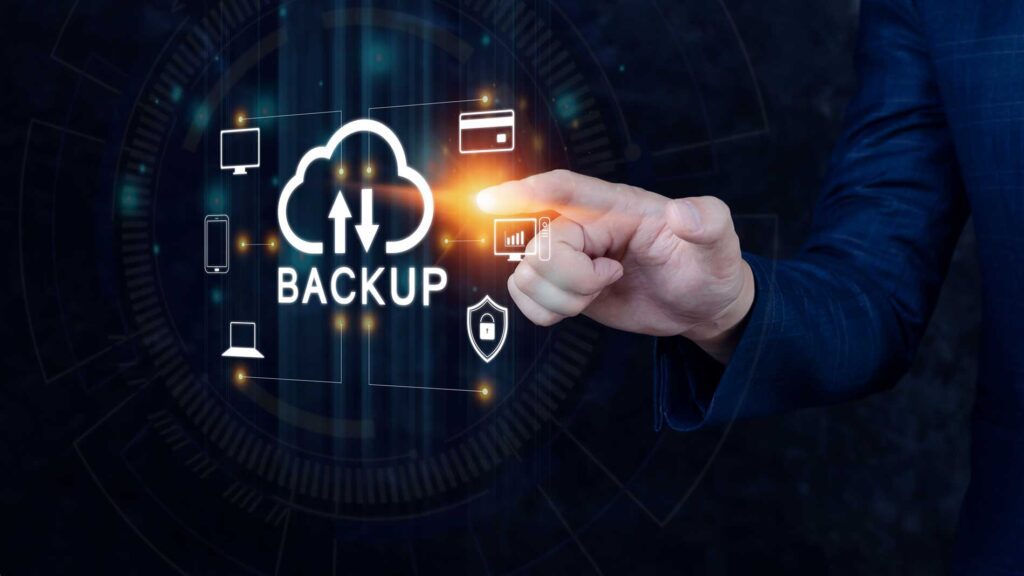Backing up your devices is one of the most important steps you can take to protect your personal and business data. With the increasing amount of sensitive information, we store on our devices, it’s essential to have a backup copy in case of device failure, theft, or other unforeseen circumstances. In this blog article, we’ll explore the importance of backing up your devices, the types of backup copies available, how to secure your backups, and the differences between personal and business data backup.
Why is backing up your devices essential?
Imagine losing all your photos, documents, and other important data stored on your device. It’s a nightmare scenario that can happen if you don’t have a backup copy of your data. Backing up your devices ensures that you have a copy of your data in case of accidental deletion, hardware failure, or theft. In addition, backups can be essential for disaster recovery in case of fire, flood, or other natural disasters.
Types of backup copies
There are different types of backup copies that can be created, depending on your requirements:
- Cloud backup: Cloud backup copies your data to a remote server over the internet. The advantage of cloud backup is that your data is stored offsite, so it’s protected from physical damage or theft. Cloud backup requires an internet connection.
- External hard drive backup: External hard drive backup stores your data on an external hard drive that you connect to your device. The advantage of external hard drive backup is that you have full control over your data and can access it without an internet connection. The downside is that the backup drive can be lost, stolen, damaged or even corrupted in the event of an attack.
- Network-attached storage (NAS) backup: NAS backup uses a device that connects to your network to store your data. The advantage of NAS backup is that it provides a centralized backup location for multiple devices on your network. The downside is that it requires additional hardware and setup and can be corrupted in the event of a malware attack.
Securing your backups
Creating a backup copy of your data is only half the battle. You also need to ensure that your backup is secure. Here are some tips to secure your backups:
- Encrypt your backup: Encrypting your backup ensures that your data is protected even if the backup device is lost or stolen.
- Store your backup in a secure location: Store your backup in a secure location such as a safe or a locked cabinet to protect it from theft or damage. Preferably store it off-site.
- Use a strong password: Use a strong password to protect your backup from unauthorised access.
Personal data backup vs. business data backup
Personal data backup and business data backup have different requirements. Personal data backup typically involves backing up photos, videos, documents, and other personal data. Cloud backup such as OneDrive, or external hard drive backup is typically sufficient for personal data backup.
Business data backup involves backing up customer data, financial data, and other sensitive information. Business data backup requires additional security measures such as encryption, offsite backup, and backup testing to ensure that the backup is working correctly.
In conclusion, backing up your devices is essential for protecting your personal and business data. There are different types of backup available, and you should choose the one that best suits your needs. It’s also essential to secure your backups using encryption, secure storage, and strong passwords. By taking these steps, you can ensure that your data is protected in case of device failure, theft, or other unforeseen circumstances.
Contact us today to schedule a consultation to discuss, and find, the best backup solution that meets your requirements so you can say goodbye to backup anxiety.






